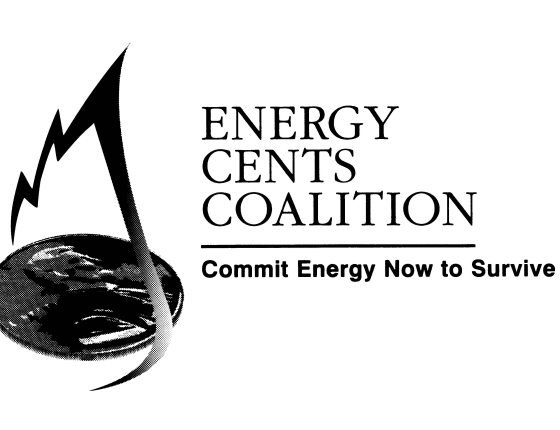Over many years, CEE and Energy CENTS Coalition (ECC) have partnered to support policies and programs to provide comprehensive energy conservation services to low-income Minnesotans. This year, CEE and ECC teamed up on a legislative initiative to expand access to low-income energy conservation programs through the Energy Conservation and Optimization (ECO) Act.
The ECO Act included a definition of “low-income household” that restricted eligibility for low-income ECO services to people with a household income of less than 60 percent of the state median. With so many families struggling to pay for the essentials, including their utility bills, CEE and ECC developed a policy idea to both expand the number of eligible Minnesota households and to make services more accessible to those who are eligible.
We brought our ideas to Minnesota Representative Zack Stephenson (D) and Senator Jason Rarick (R), who helped shape this important policy change into a bipartisan bill and then brought it forward for consideration by both bodies of the Minnesota Legislature (HF3003 and SF2987). The proposed legislation would give more Minnesota residents access to the energy and cost saving benefits of ECO. Without this crucial update, fewer households will be eligible for low-income energy efficiency services through ECO starting in 2024 even as low-income spending requirements for utilities have increased.
The new proposed legislation defines “low-income household” as a household with an annual income of 80% or less of the area median household income. This new income eligibility level not only increases the number of eligible Minnesota families, but also aligns with the eligibility requirements for the high efficiency electric home rebates (HEEHR) in the Inflation Reduction Act (IRA), opening up a new opportunity to leverage federal funding with ECO utility funding for low-income efficiency and electrification projects. Additionally, the new income threshold aligns with the income requirements for affordable housing programs. This will help ensure that affordable housing truly is affordable because housing can’t be affordable in Minnesota if the heating bill is not.
The proposed legislation will also allow for determination of eligibility across other assistance programs (often called categorical eligibility). This means that if someone receives assistance through another means-tested program, like the Supplemental Nutrition Assistance Program (SNAP), they won’t need to re-prove their income eligibility for low-income ECO services. This will ease the administrative burden and duplicative paperwork for households that already qualify for and receive other benefits. It will also enable new and continued partnerships between utilities, community organizations, and State agencies, including the long-standing and critically important partnerships between Weatherization Assistance Program providers and utilities.
Finally, this bill will ensure that utilities can meet or exceed the newly increased low-income spending requirements in ECO on high-impact energy efficiency projects that save low-income Minnesotans money. Without it, money could be left on the table that could have otherwise been used to permanently lower residents’ energy costs and move Minnesota closer to reaching the State’s energy efficiency goals.
This proposed update to maximize the savings potential of ECO is a win-win for Minnesota utilities and low-income households. If this initiative is successful in 2023, the change would take effect in time for utilities’ first ECO plans.
